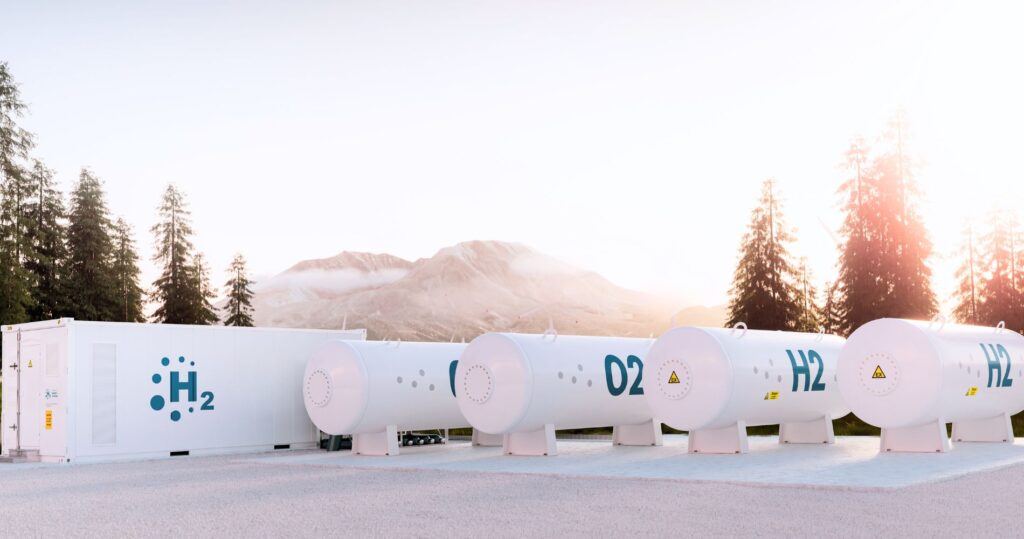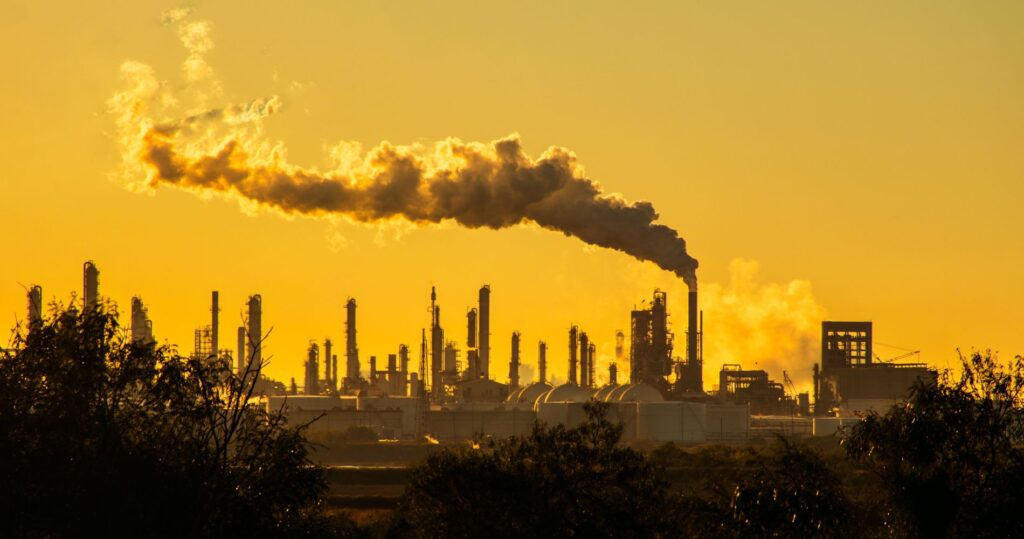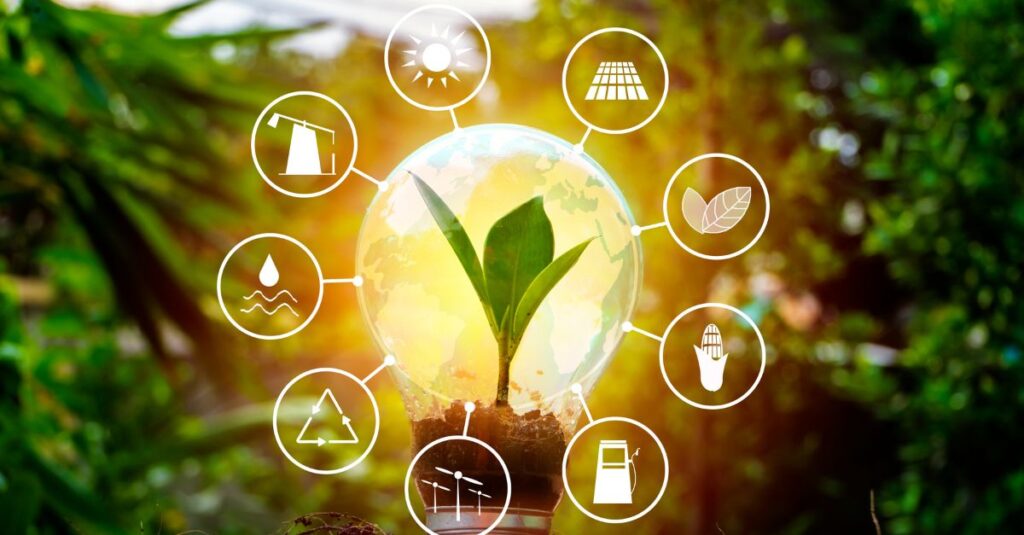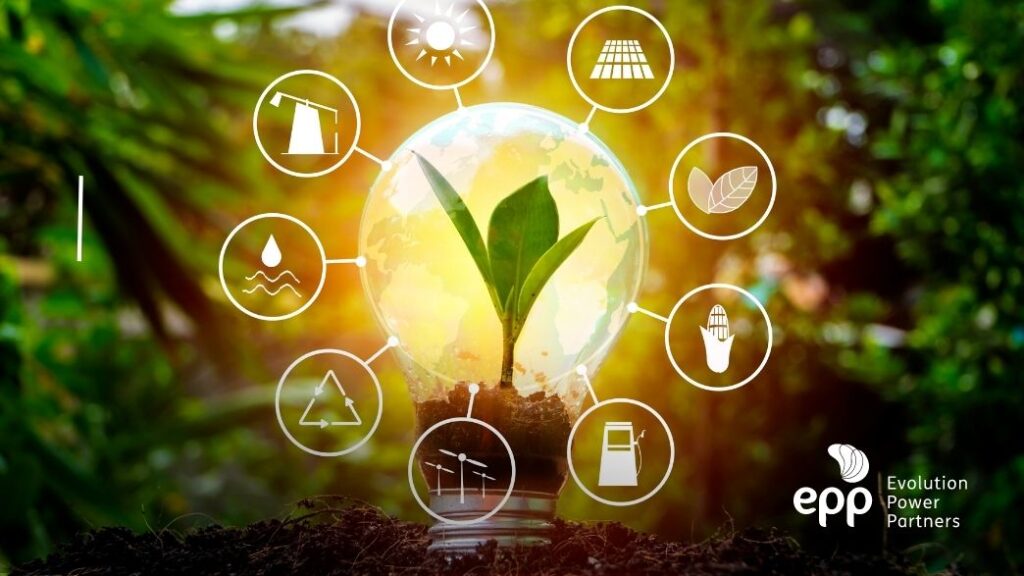Hydrogen, the most abundant element in the universe, promises to revolutionize the energy sector with its "colored" variants, such as gray, blue and green. Brazil innovates with "green and yellow" hydrogen, derived from ethanol. While there are challenges such as transportation, the opportunities are vast, from job creation to global strategic positioning. Hydrogen symbolizes hope for a cleaner, more sustainable future.
Climate change is forcing companies to rethink their business models, with an increasing focus on clean energy and ESG (Environmental, Social and Governance) practices. The risk is clear, with extreme weather events costing the global economy $313 billion in 2022. Companies across industries are adapting their operations, from transitioning to wind and solar power to investing in water reuse systems and more weather-resistant equipment. climate. This transformation is linked to ESG, where environmental consideration has become a critical factor. The electricity sector is an example of rapid adaptation, with companies such as Enel drastically changing their business plans over the last decade, focusing on renewable energy generation.
Brazil can achieve carbon neutrality by 2050 through investments in renewable energy, transport electrification, and green hydrogen, as well as public policies and regulatory frameworks that encourage the energy transition.
In 2022, Brazil reached a record in the generation of electricity from renewable sources. Hydroelectric, wind, solar and biomass plants were responsible for 92% of the electricity produced in the country. In addition to being clean and inexhaustible, renewable sources are also more sustainable and help reduce greenhouse gas emissions. The transition to renewable energy is essential for decarbonization and reducing social impacts.
In 2022, even with increased energy demand in some countries, emissions from the energy sector are expected to decrease. The data is from the International Energy Agency (IEA) Electricity Market report, which points to a drop in overall global electricity demand of 2.4%. Thus, the values should pull emissions from the energy sector down, pointing to a decline of 0.5%.








